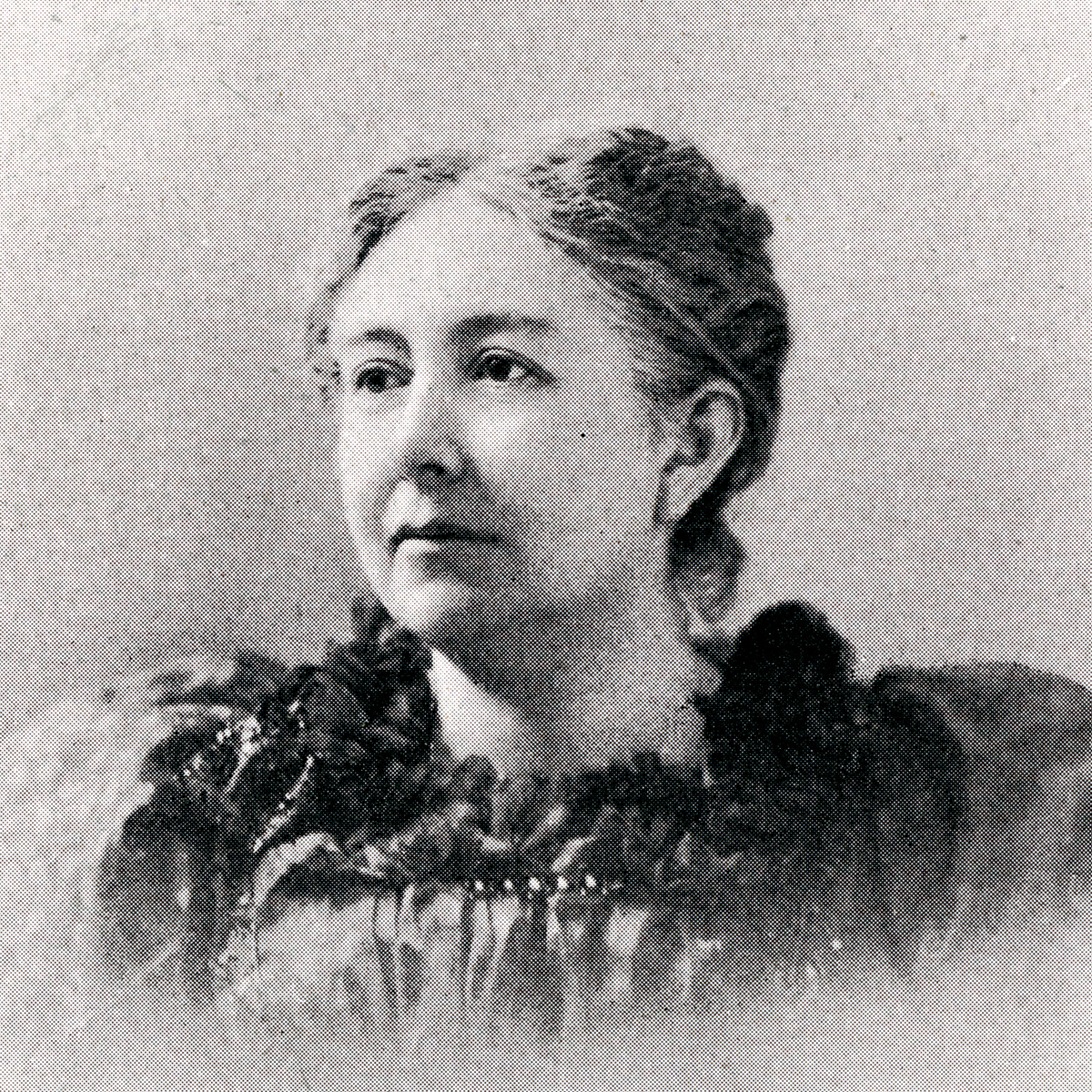A Cause Won At Last
It is almost tiring to read about all the involvements and accomplishments of this woman. Imagine how she felt! More seriously, a point to emphasize with Edith Jessie Archibald is that she came from a privileged background by both birth and marriage. The fully engaged life she led in pursuit of better health care, education and social justice for women and families was one she embraced by choice. Like several other socially prominent women of her era, Edith Jessie Archibald felt responsible for leading and assisting those less fortunate.
Born in Newfoundland, Edith Jessie moved as an adult to Cape Breton and then to Halifax. Wherever she lived, she was an ardent feminist. That meant she devoted enormous energy to improving the lot of women and, more generally, the conditions of life in Nova Scotia. One involvement was as a prominent leader of the Woman’s Christian Temperance Union (WCTU) in their fight to reduce the abusive effects of excessive alcohol consumption. She also led Halifax’s Local Council of Women and served on its national executive. She worked tirelessly to establish the Victorian Order of Nurses, Ladies’ Musical Club, Children’s Hospital, children’s camps, and political auxiliaries.
Not surprisingly, Edith Jessie Archibald was one of Nova Scotia's leading suffragettes. That followed from the realization that the exclusive male realm of politics did not always see issues the same way women did. Under Edith Jessie's leadership, Nova Scotian women came within one vote of acquiring the right to vote in 1893. A bill to enfranchise women voters failed in the Nova Scotia Legislature by only one vote on second reading. The right was finally won in 1918, near the end of the war. At the time, tireless Edith Jessie Archibald was managing Nova Scotia’s Red Cross relief for prisoners of war.

